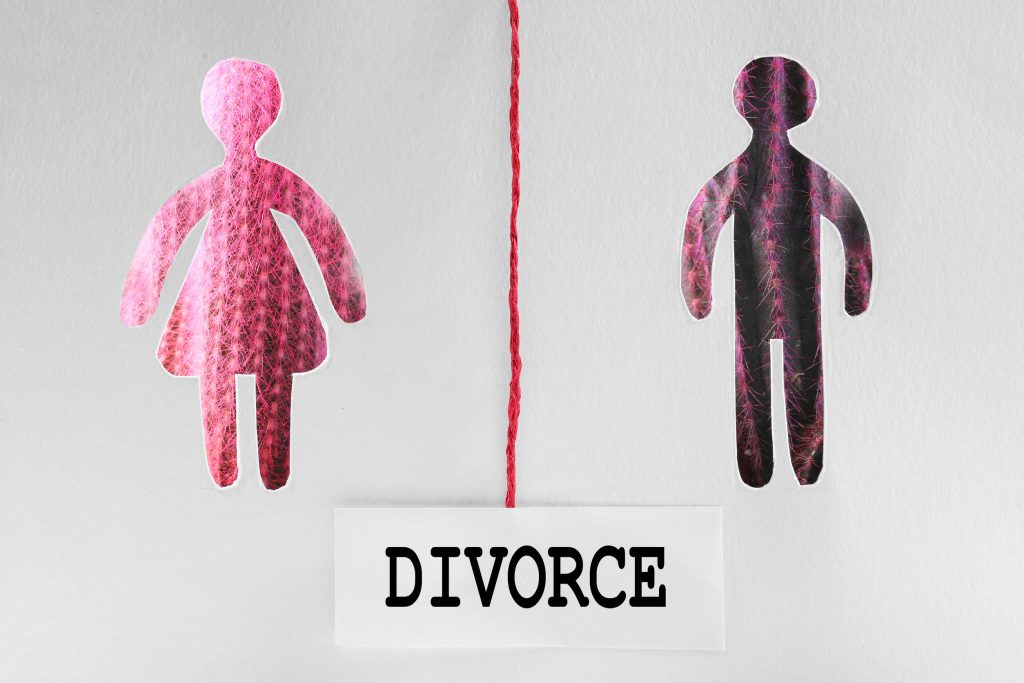
Divorce is one of life’s most challenging transitions, and for many women, it comes with unexpected financial consequences. While emotional healing is often the focus, overlooking key financial steps can lead to long-term instability. Whether the decision to divorce is mutual or abrupt, it’s crucial to approach the process with financial awareness and preparation. Here are 10 common mistakes women make during divorce that leave them financially vulnerable—and how to avoid them.
1. Not Knowing the Full Financial Picture
A lack of understanding about marital finances is a major risk. Many women enter divorce proceedings unaware of the assets, debts, and income shared between them and their spouse. This knowledge gap often leads to unequal settlements that favor the spouse with more financial insight. To avoid this mistake, take time to gather information about bank accounts, investments, retirement funds, and liabilities. Having a clear view of the financial landscape ensures a fair division of assets.
2. Overlooking Hidden Assets
Divorce can become a game of concealment for some individuals, with one spouse hiding assets to protect their financial interests. Women often miss hidden accounts, property, or business profits during settlements. Ignoring the possibility of hidden assets can lead to unfair agreements. Engaging a forensic accountant or legal expert to investigate financial discrepancies helps uncover overlooked resources, ensuring transparency in the settlement.
3. Skipping Legal Advice for Financial Decisions
Relying solely on personal judgment instead of consulting legal and financial professionals can be disastrous. Divorce involves complex legal processes and financial implications that are difficult to navigate alone. Women who skip professional advice risk signing agreements that harm their financial future. Working with experienced divorce attorneys and financial advisors ensures decisions are well-informed and tailored to long-term goals.
4. Holding Onto the Family Home
The emotional connection to the family home can cloud financial judgment, leading many women to fight for its ownership. While keeping the house might seem ideal, the ongoing costs—mortgage payments, maintenance, taxes—can drain finances. Before deciding, evaluate whether retaining the home is sustainable given your income and future expenses. In many cases, selling and downsizing provides greater financial security.
5. Neglecting Retirement Accounts
Divorce settlements often focus on immediate assets like cash and property, leaving retirement accounts overlooked. Many women fail to claim their share of pensions, 401(k)s, or other retirement funds during the division of assets. Neglecting these accounts can compromise financial stability in later years. Ensure all retirement savings are accounted for in the settlement and insist on a Qualified Domestic Relations Order (QDRO) for proper division.
6. Agreeing to Unfair Alimony Terms
Alimony arrangements can significantly impact post-divorce finances, yet some women accept unfair terms to expedite the process. These decisions often stem from pressure or emotional fatigue. Avoid agreeing to insufficient alimony amounts without evaluating your financial needs thoroughly. Work with your attorney to negotiate terms that align with your cost of living and future goals.
7. Failing to Budget for Post-Divorce Life

A lack of budgeting leaves many women struggling to manage expenses after divorce. Transitioning from dual to single income requires careful financial planning. Without a clear budget, unexpected costs and reduced income can quickly deplete savings. Create a detailed budget that accounts for housing, childcare, insurance, and everyday expenses to ensure financial stability.
8. Underestimating the Cost of Divorce
The financial costs of divorce—legal fees, court expenses, and settlements—can be substantial. Women often underestimate these costs, leaving themselves financially unprepared. To avoid this mistake, research potential expenses and create a financial cushion before initiating divorce proceedings. Allocating funds for legal and settlement costs reduces stress during the process.
9. Overlooking Debt Responsibilities
Divorce doesn’t erase shared debts, and failing to address this can lead to financial ruin. Women who don’t clarify debt division often end up responsible for liabilities incurred by their spouse. Ensure all debts are divided equitably and documented in the settlement agreement. This avoids unexpected financial burdens after the divorce is finalized.
10. Neglecting Emotional and Financial Recovery
Focusing solely on the emotional aspects of divorce while ignoring financial recovery can lead to prolonged instability. Many women delay rebuilding their finances by avoiding employment, investment planning, or savings strategies. Prioritize financial recovery alongside emotional healing by setting achievable goals and creating a realistic financial plan for the future.
Prioritize Financial Independence
Divorce is a life-changing event, but with the right preparation and awareness, women can navigate the process confidently. Avoiding these common mistakes ensures greater financial independence and stability. Remember, protecting your financial future is just as important as emotional healing.
Have you experienced financial challenges during divorce? Share your insights and advice in the comments below to support others navigating similar situations.
Read More:
7 Ways to Turn Divorce into a Fresh Start for Happiness—No Man Required
6 Ways to Prepare Your Finances for a Divorce

Latrice is a dedicated professional with a rich background in social work, complemented by an Associate Degree in the field. Her journey has been uniquely shaped by the rewarding experience of being a stay-at-home mom to her two children, aged 13 and 5. This role has not only been a testament to her commitment to family but has also provided her with invaluable life lessons and insights.
As a mother, Latrice has embraced the opportunity to educate her children on essential life skills, with a special focus on financial literacy, the nuances of life, and the importance of inner peace.
